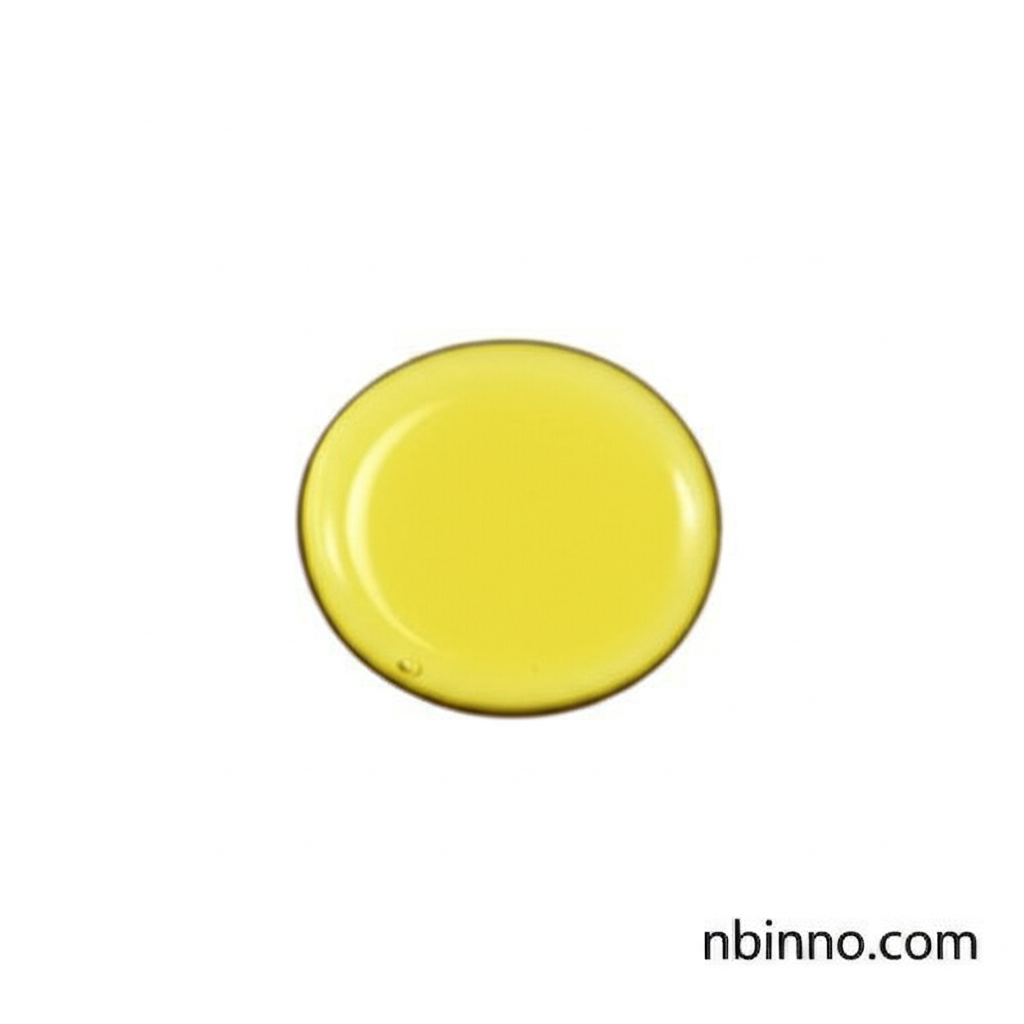1,2,3,4,5-Pentamethylcyclopentadiene: A Versatile Fine Chemical
Explore the properties, applications, and sourcing of this crucial organometallic precursor and fine chemical.
Get a Quote & SampleProduct Core Value

1,2,3,4,5-Pentamethylcyclopentadiene
This compound is highly valued for its role as a precursor to the 1,2,3,4,5-pentamethylcyclopentadienyl ligand, a critical component in various organometallic applications. Its unique structure allows for diverse chemical reactions and serves as a building block in advanced material synthesis.
- A key precursor to the pentamethylcyclopentadienyl ligand, essential for organometallic complexes.
- Utilized in metal-organic chemical vapor deposition (MOCVD) for iron compounds.
- Functions as a ligand in iridium-catalyzed transformations, converting alcohols into amides.
- Acts as an electron mediator in the regeneration of nicotinamide adenine dinucleotide (NAD).
Key Advantages
Versatile Ligand Precursor
The compound's primary advantage lies in its ability to easily form the pentamethylcyclopentadienyl ligand, a widely used moiety in catalysis and organometallic chemistry, facilitating complex synthesis pathways.
Enables Advanced Deposition Techniques
Its application in MOCVD processes allows for precise thin-film deposition of specific metals, crucial for electronics and advanced material fabrication.
Facilitates Efficient Chemical Transformations
In catalytic reactions, it acts as a vital ligand, improving the efficiency and selectivity of processes like the conversion of alcohols to amides, as demonstrated in iridium-catalyzed reactions.
Key Applications
Organometallic Synthesis
As a precursor to the pentamethylcyclopentadienyl ligand, it is fundamental in synthesizing a wide array of organometallic complexes used in catalysis and research.
Chemical Vapor Deposition (CVD)
It is instrumental in MOCVD processes, particularly for depositing iron-containing thin films, which have applications in magnetic storage and other electronic devices.
Catalysis
The compound serves as a ligand in homogeneous catalysis, notably in iridium-catalyzed reactions, enhancing catalytic activity and enabling specific chemical transformations.
Biochemical Research
Its role as an electron mediator in the regeneration of nicotinamide adenine dinucleotide makes it relevant in biochemical studies and biotechnological applications.
